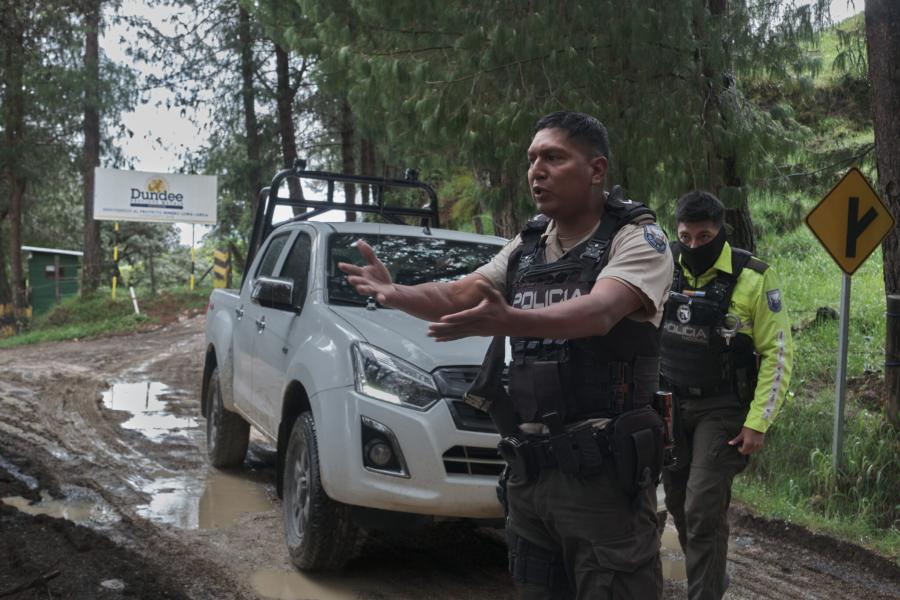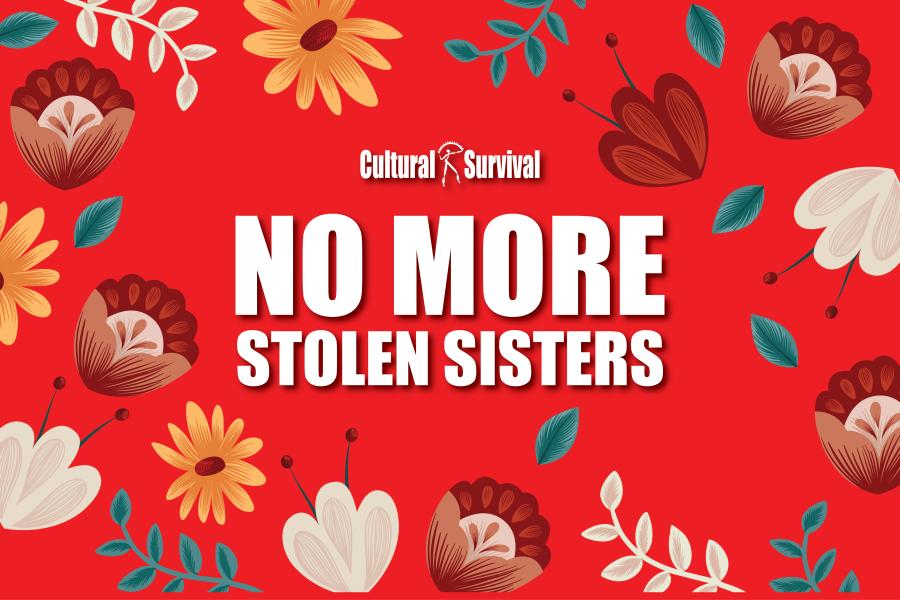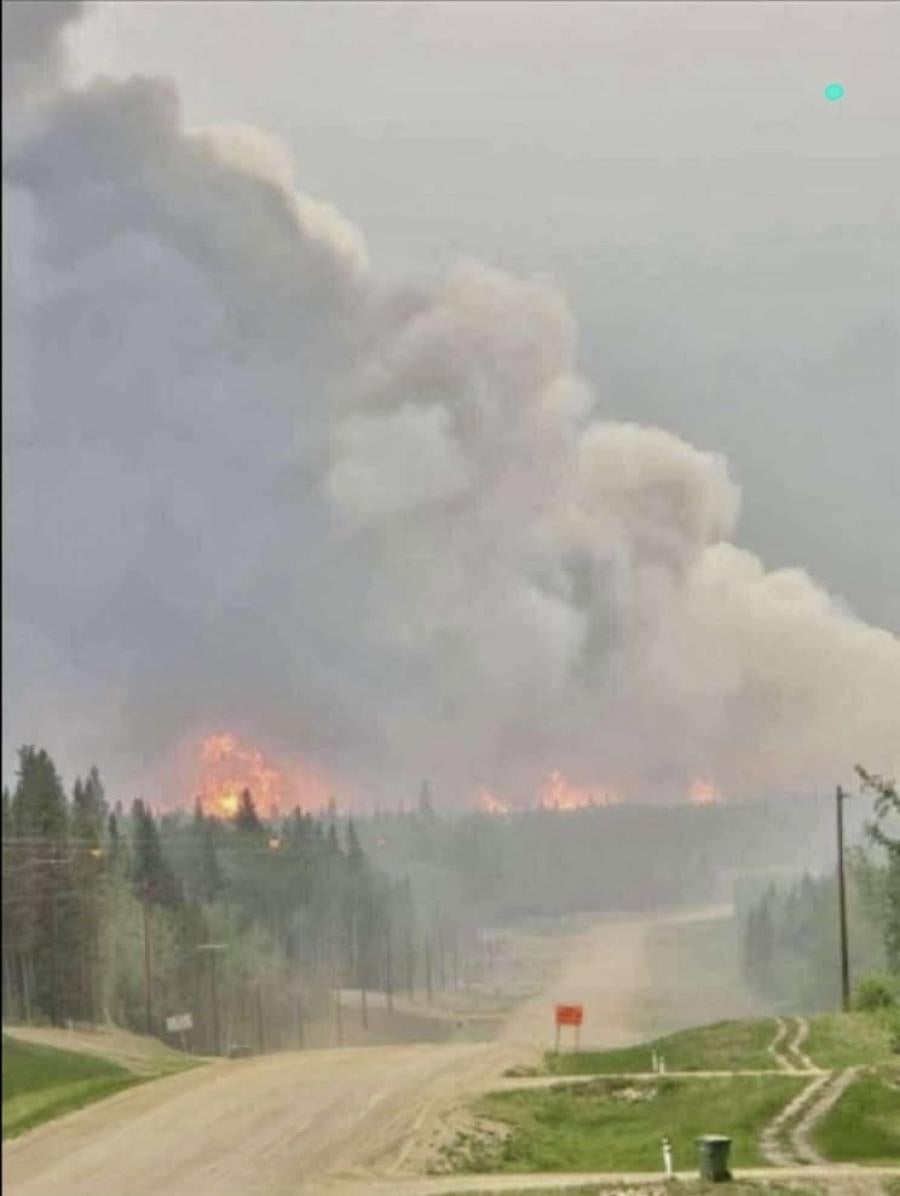The Grand Council of the Cree of Quebec have had a number of recent court victories coupled with increasing support from the United States. In August, the Quebec government announced that it would postpone construction on roads and infrastructure until the fall of 1992. It was further agreed that the deadline for ratification of the contract between Hydro Quebec and the New York Power Authority would be extended until November 1992. The federal government had already committed itself to an environmental assessment under the terms of the Environmental Assessment and Review Process at the federal level. Quebec had made it clear that it would boycott the entire federal process. But both governments were unprepared for the Federal court ruling of September. The Court found in favor of the Cree in ruling that the 1975 James Bay and Northern Quebec agreement required a full and binding environmental assessment before construction could begin on the Great Whale, or any other project.
The difference between the environmental assessment announced by the federal government and the court ordered environmental review under the James Bay and Northern Quebec AGreement is that the latter has the power to stop construction. The federal environmental assessment and review process is merely recommendatory. In response, the Quebec government and the federal government have appealed.
Support from environmentalists in Vermont and New York continues to buoy the Cree and their supporters in Canada. The town of Burlington, Vermont voted to reject power from Hydro Quebec in a referendum in early October. The most dramatic aspect of the campaign in the U.S. was the placement of a full page ad in The New York Times by the Cree and Greenpeace. The ad urged New Yorkers to reject power from the Hydro Quebec contracts. Nothing yet attempted by the coalition opposing the damming of the last free flowing rivers of northern Quebec has provoked the rage within Quebec of the New York Times ad. The vigor and venom with which the Quebec government has attacked the ad suggests that the Quebec government is running scared and is afraid of losing their contract with New York.
The Lubicon Cree
The giant Japanese paper company, Daishowa, was given 40,000 square kilometers of forest land in northern Alberta as well as over $85 million in subsidies by the federal and provincial government. It opened its mill on the Peace River a year ago and began extensive logging in northern Alberta. In March of 1988 the company had promised the Lubicon Cree that they would not log on unceded Lubicon territories until a land rights agreement had been reached. However, in recent months the company has reneged on the agreement. While Daishowa itself is not directly going to clear cut, one of its wholly owned subsidiaries plans to do so.
Lubicon Cree Chief Bernard Ominayak traveled to Tokyo in September 1991 in an effort to meet with Daishowa executives. His requests were refused, but his trip did generate support from Japanese environmental groups.
Reports in the Japanese financial press suggest that Daishowa is in such severe financial shape that they are considering selling the Peace River Mill. It was reported that the asking price would be in the one-billion-dollar range. The Alberta press has focused on the fact that at a one-billion-dollar sale, the company would have made a $500 million profit out of a project that was heavily supported by taxpayers funds. Supporters of the Lubicon have launched an international boycott against Daishowa. Daishowa paper is used in bags for fast food outlets in Canada (Pizza Pizza, Cultures, and Ho-Lee Chow) as well as in telephone books in Edmonton and paper for the Liquor control Board in Ontario. Supporters are urged to write Premier Bob Rae of Ontario to cancel the contract with Daishowa and the Liquor Board. Letters should also be sent to Mr. Tom Hamaka, Vice president, Daishowa Canada Ltd., 3500 Park Place, 666 Burrard St., Vancouver B.C. V6C 2X8.
Mohawk Legal
The trial for the majority of people who remained in the Treatment Centre until the last day of the standoff between the army and the people of Kanesatake has been delayed until February of 1992. Fund-raising efforts to date have not met the incurred legal costs. Therefore, the lawyers representing three-quarters of the people charged withdrew. They have been replaced by criminal lawyer Richard Corriveau. If you wish to make a donation to the legal defense (all donations to this fund will only be used toward securing legal counsel), please make checks/money orders to: The Akweks Fund, c/o The Canadian rights & Liberties Federation, 323 Chapel St., Ottawa, Ontario KIN 66.2 Tel: (613) 235-8978 Fax: (613) 237-5969. If you need a tax receipt, make checks/money orders to: The Mtl. & Ottawa Conference of the United Church of Canada (Write The Akweks Fund on it), 691 Smythe Rd., Ottawa, Ontario KIG 1N7 Fax: (613) 737-2124.
Article copyright Cultural Survival, Inc.



